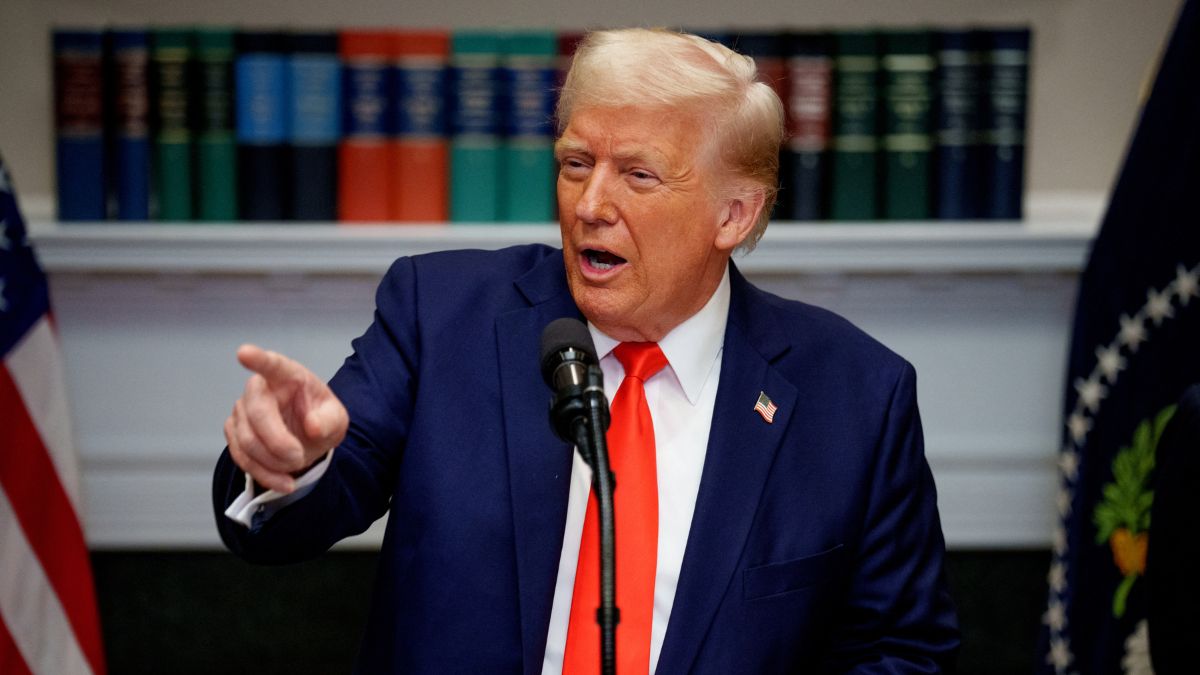The Trump administration has said that the president wants the United Nations to shift its focus to its original “purpose” of maintaining international peace and security, although it remains unclear whether he means the body should alter its policy terms. The administration has highlighted that it does not appreciate the UN’s quitting patterns or the fact that it is a frontrunner in multilateralism on important issues like health and human rights.
Washington is also reviewing all its multilateral agreements, including the UN Charter, but has shared little about Trump’s vision for a peace-focused UN. Trump signed an executive order to announce the withdrawal of the country from “certain UN organisations”.
Last week, Washington signalled that it views the UN as a platform for major power negotiations while downplaying the role of smaller states. As Ukraine’s European allies marked the third anniversary of the war at the UN General Assembly in the form of a resolution condemning Russia’s aggression, Washington backed Moscow.
A shift of policy
The US first opposed a European-backed resolution at the UN General Assembly (UNGA) in New York, which condemned Moscow’s actions and affirmed Ukraine’s territorial integrity. In doing so, it aligned its vote with Russia, North Korea, Belarus, and other nations.
Later, the US introduced its resolution at the UN Security Council, calling for an end to the conflict. However, the proposal notably avoided any criticism of Russia.
Impact Shorts
More ShortsThis shift was not only a break from how the Biden administration operated in the UN but also a separation from post-cold war UN politics, according to an analysis by Foreign Policy. France, the UK, and the US have often disagreed at the UN, notably over Iraq in 2003 and more recently over Gaza. However, they have typically remained aligned on key votes.
“In trying to forge a compromise with Russia last week, the Trump administration arguably did pay homage to the founding logic of the U.N. system. For all its lip service to sovereign equality, the world organization is, by design, hierarchical: It invests a high level of institutional authority in a small clique of major powers,” the article, written by Richard Gowan, the UN Director at the International Crisis Group, read.
It added, “At first glance, the Trump administration’s gambit over Ukraine last week may look like an attempt to refresh the U.N. as a big-power de-escalation mechanism, but it wasn’t that significant. The United States’ Security Council resolution was insubstantial—just 63 words long—and essentially justified the Trump administration’s preexisting bet on outreach to Russia.”
UN members worried
The broader UN membership has mixed reactions to the US’s new stance. Reports suggest US officials used strong-arm tactics to pressure states against supporting Kyiv and the Europeans.
However, some diplomats from the Global South see Washington’s shift as a positive change. Many non-Western officials in New York feel that the Biden administration’s hardline approach to Russia at the UN hasn’t helped end the war and has overshadowed other global priorities like development.
With inputs from Foreign Policy
)